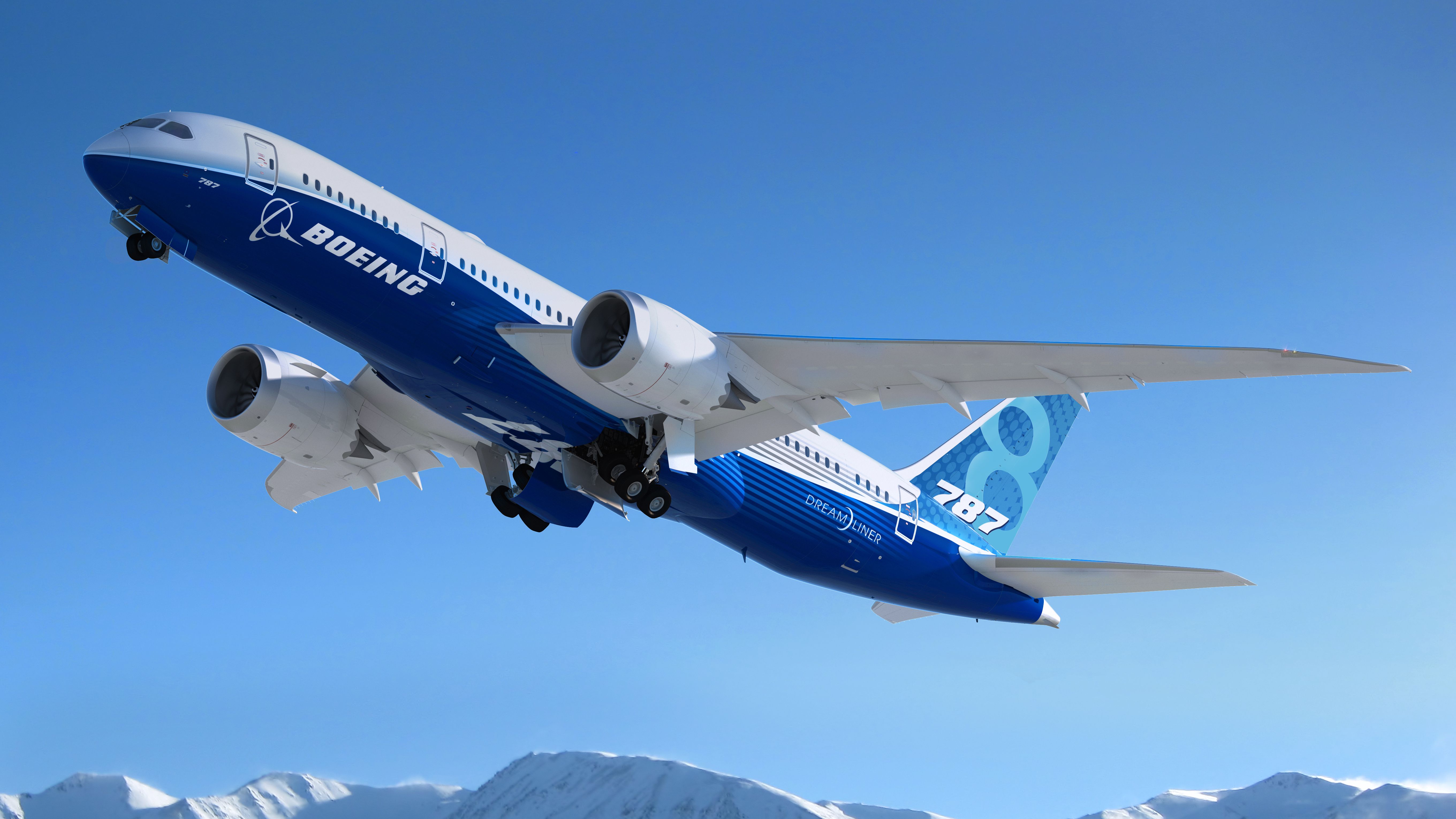Summary
- In a shock move, Boeing bought 17 Airbus A340 jets from Singapore Airlines in 1999.
- The deal was part of a larger agreement in 1995 when Singapore Airlines ordered 34 Boeing 777s.
- Despite Airbus's attempts to retaliate with an advertising campaign promoting four engines over two, Boeing's bold move ultimately paid off.
Remember that time that Boeing bought 17 Airbus A340 jets? Yes - this actually happened! Taking place over 20 years ago, this exciting piece of aviation history may not be common knowledge to everyone, but it caused waves when announced. A series of aggressive moves from Boeing left Airbus fuming, while Singapore Airlines (SIA) reaped the benefits of new planes. Let's rediscover the story and see how it all unfolded.
The Boeing 777-200ER, initially named the 777-200IGW (for 'increased gross weight'), was launched in the mid-90s. Looking to establish the program and build up sales, Boeing saw massive potential for business with the evergrowing Singapore Airlines, which skipped the first generation 777 family. Already a major Boeing operator with the 747 program, the American planemaker saw a prime role for the 777-200ERs in the fleet.
However, the airline was somewhat content with the A340-300s in its fleet filling the same role. However, Boeing was adamant that the 777 could be the future of SIA's fleet and was ready to take action to push its vision.
Announced in 1999
It was mid-June 1999, on the last day of the Paris Air Show, when Boeing announced a deal to purchase 17 A340-300s from Singapore Airlines. But this wasn't a snap decision in any way. Per the New York Times, Boeing agreed to buy the planes back in 1995 as part of Singapore's order for 34 777s and options for 43 more. However, this wasn't revealed until June 1999, when the carrier made a swap: 10 777-200ERs for 17 A340-300. Observers were stunned, Boeing was smug, and Airbus was infuriated.
John Leahy, Senior Vice President and Commercial Director of Airbus at the time, made his thoughts clear,
"[This is] an act of desperation...We're preparing our counterattack at the present time...I don't want to predict what our response will be."
Leahy also claimed that airlines had proposed a similar swap of Airbus buying 777s to purchase A340s instead. However, he noted, "We cannot make a good business case for doing that, and we always assumed our competitor couldn't make a good business case either...I think we see him buying market share here.''
Love aviation history? Discover more of our stories here
What happened next?
News sources are scarce when covering exactly how Airbus responded and retaliated to Boeing's move. We were able to find a single post on a FlightAware message thread commenting on the aftermath of the Boeing deal. The user stated that Airbus considered the Boeing-Singapore Airlines deal a violation of fair trade practices. They also noted that retaliation came in the form of an advertising campaign claiming four engines were safer than two.
While it's difficult to say if the ad campaign was a direct result of the 1999 deal or simply to curb the rise in popularity of the Boeing 777, we can say with certainty that there was indeed a campaign.
In 2002, Boeing published an article that referenced Airbus' campaign to convince airlines that four engines were better than two. At the Farnborough Air Show in 2002, Airbus stirred the debate with "a colossal billboard" at the edge of a runway that read, "A340 — 4 engines 4 long haul." The article goes on to say that similar full-page ads appeared in air show magazines and daily London newspapers.
Apparently, Airbus officials argued that the ads were not about safety. However, industry experts disagreed, saying that they suggested twinjets like the Boeing 767 and 777 were not as safe or reliable.
Whatever the actual intent was, the campaign backfired slightly as it angered engine manufacturers, who voiced their disapproval of the ads run at Farnborough. David Calhoun, president and chief executive of General Electric's GE Aircraft Engines, told The Wall Street Journal:
"We are vehemently opposed to what Airbus is doing here...An ad like that is the last thing this industry needs right now."
As a side note, if that name sounds familiar, it's because Calhoun is now Boeing's CEO. Airbus eventually moved to the twinjet trend in the 2000s, too, building the clean-sheet A350 to compete with the 777 and 787 while further developing the A330.
A battle Airbus couldn't win
Boeing's move has also paid off in spades nearly three decades later. Singapore Airlines previously operated 46 777-200ERs and 12 -300s. Today, it flies 23 777-300ERs, the long-haul aircraft of choice through much of the 2000s and 2010s. All of this began with Boeing's brazen move in 1995, which it can confidently say was worth the risk.
The A340 sadly never found the commercial success it yearned for due to several reasons, mainly the competition from efficient twinjets like the 777, which offered similar capacity. For Singapore Airlines, the deal was a win-win, allowing it to fly the latest aircraft with the minimal financial impact of early retirements for the A340s and reducing daily costs.
Did you know about this Singapore Airlines deal prior to reading this article? Let us know in the comments.
Source: New York Times, The Wall Street Journal, Boeing, FlightAware

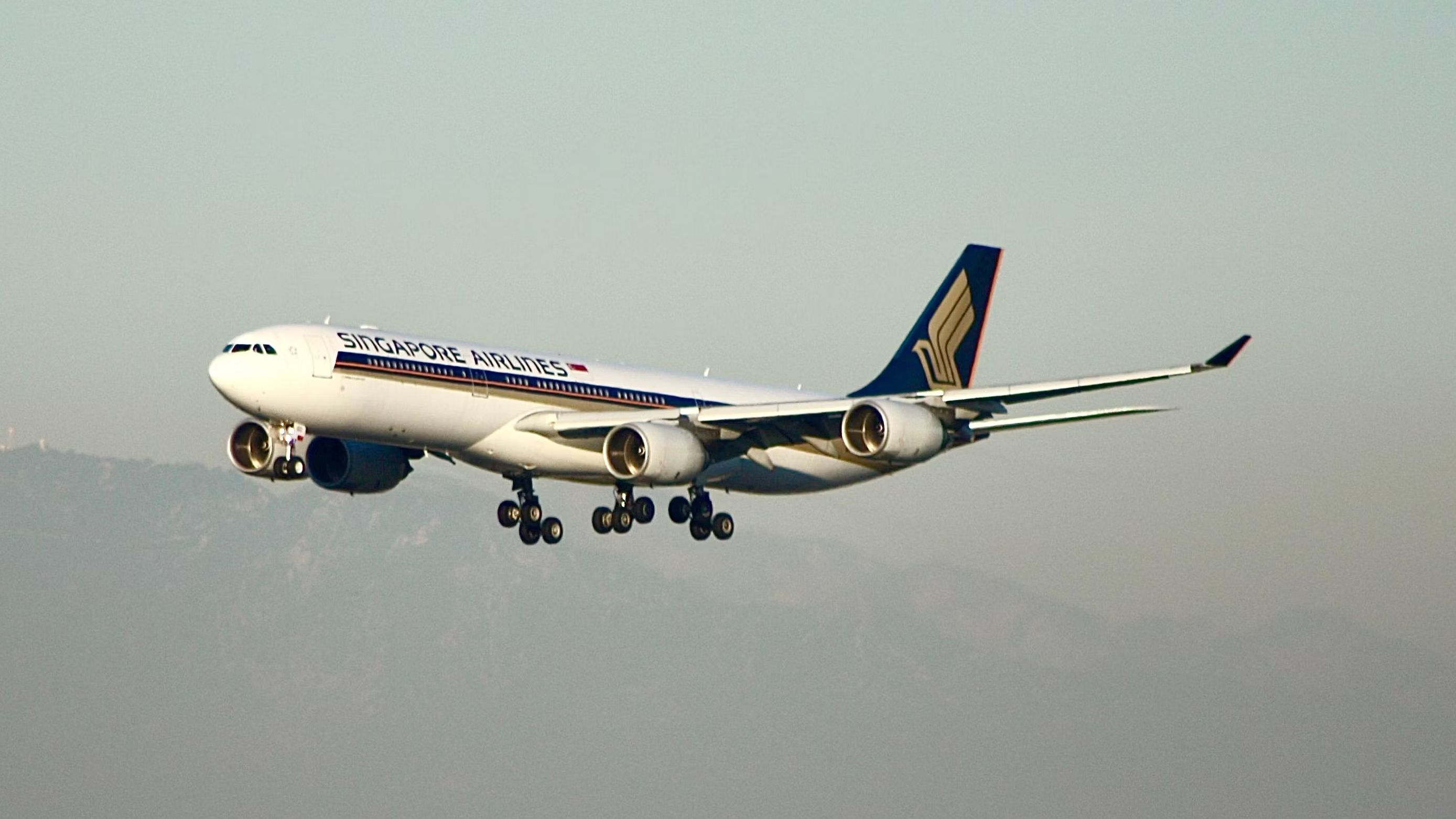
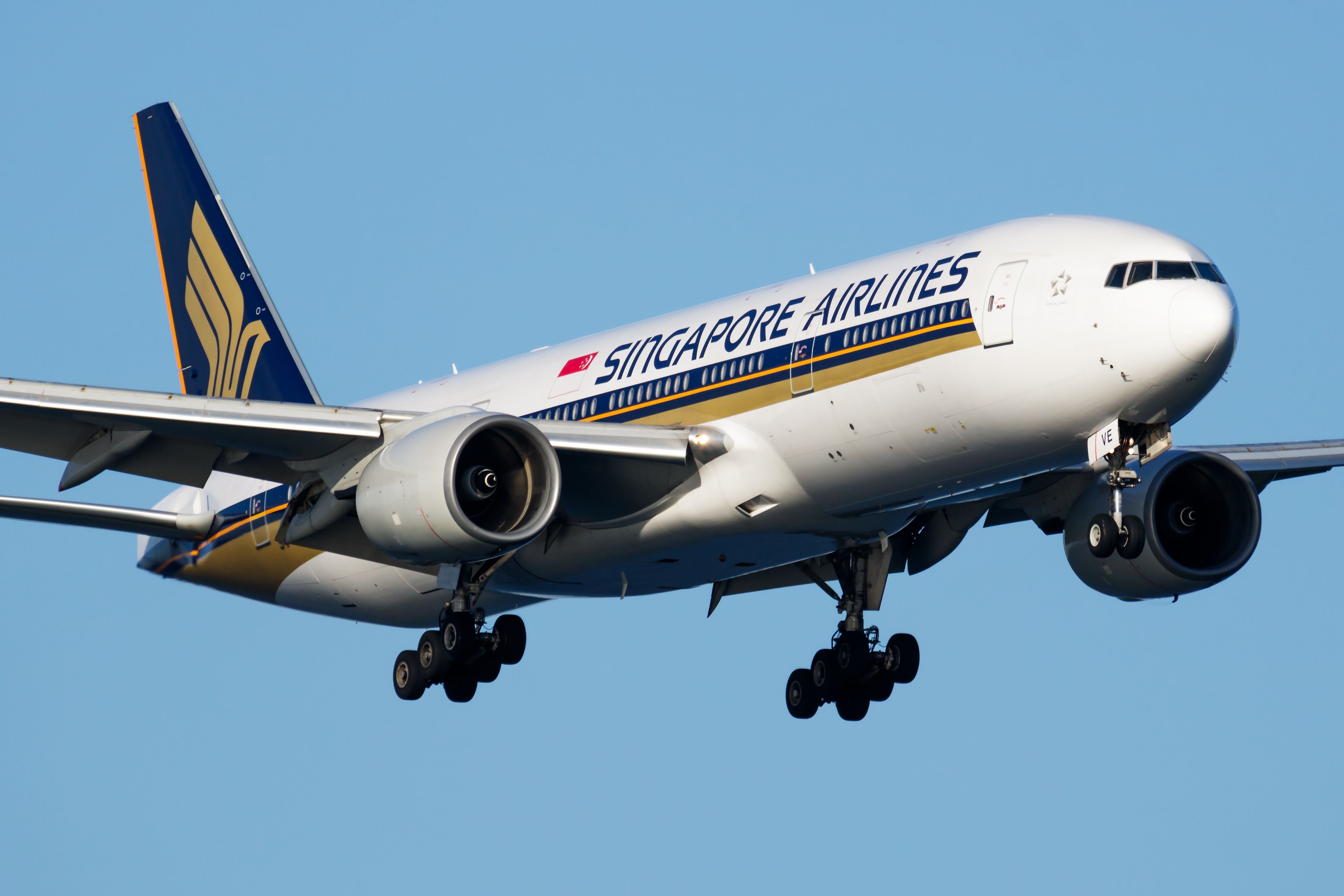
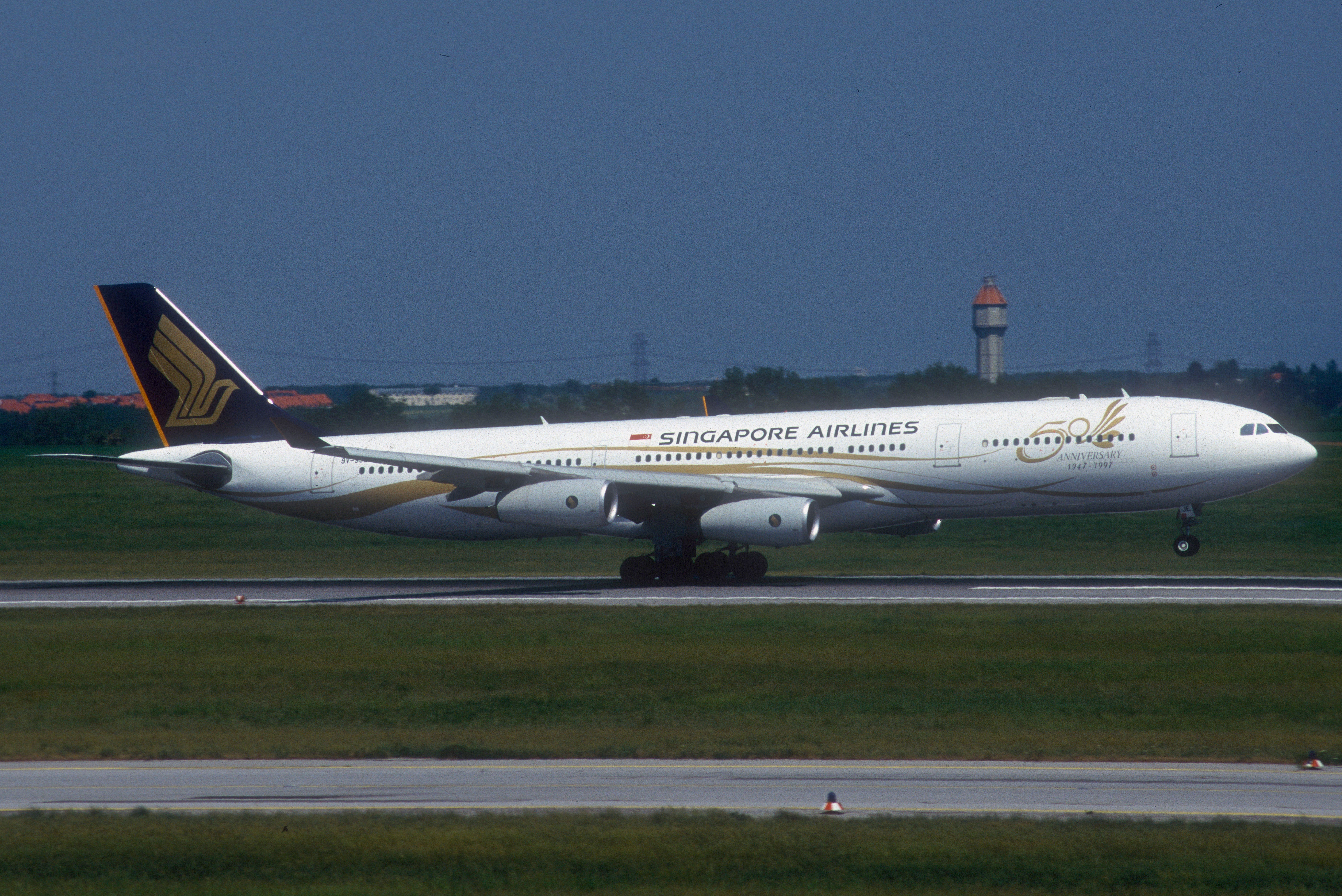
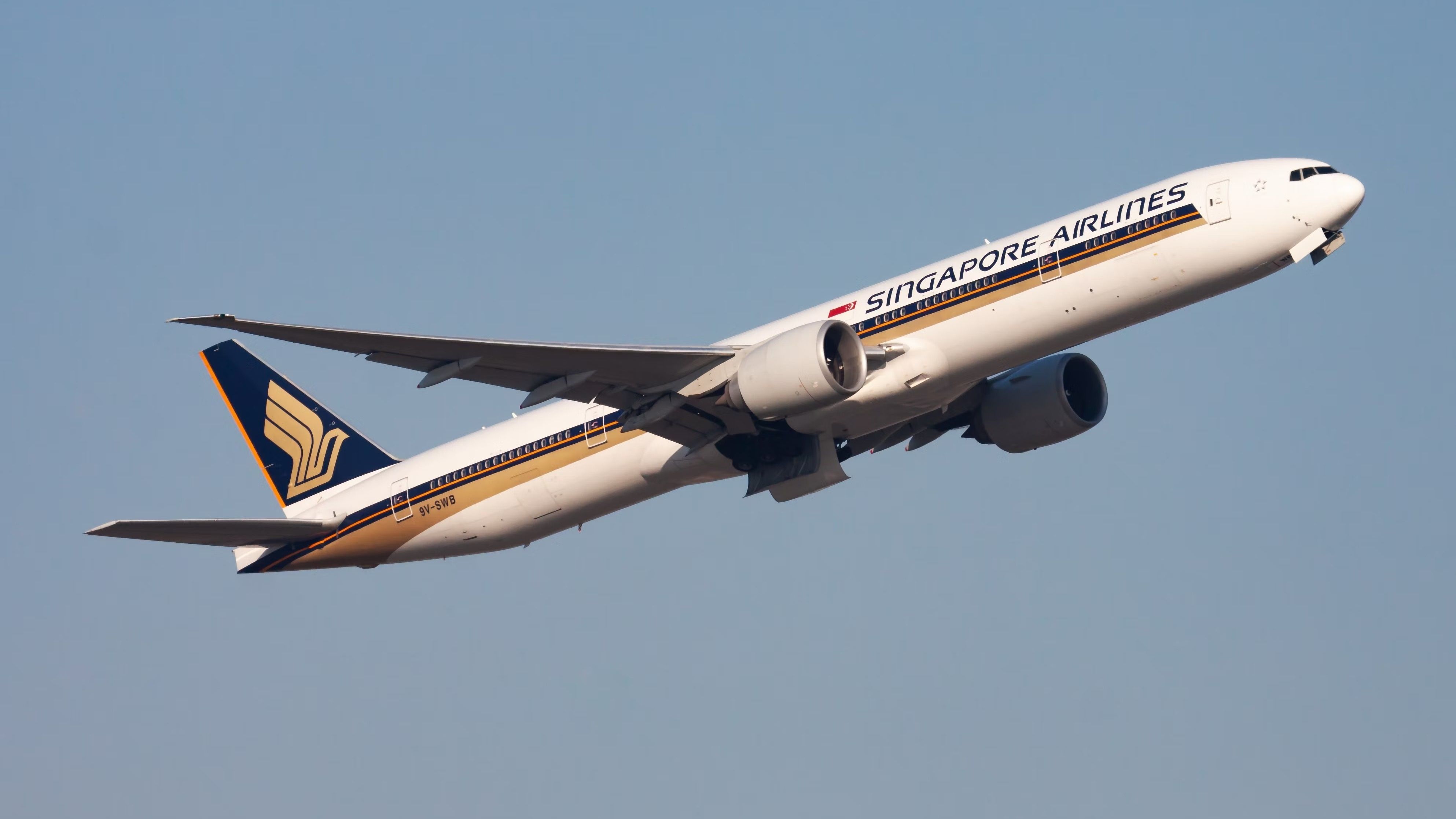
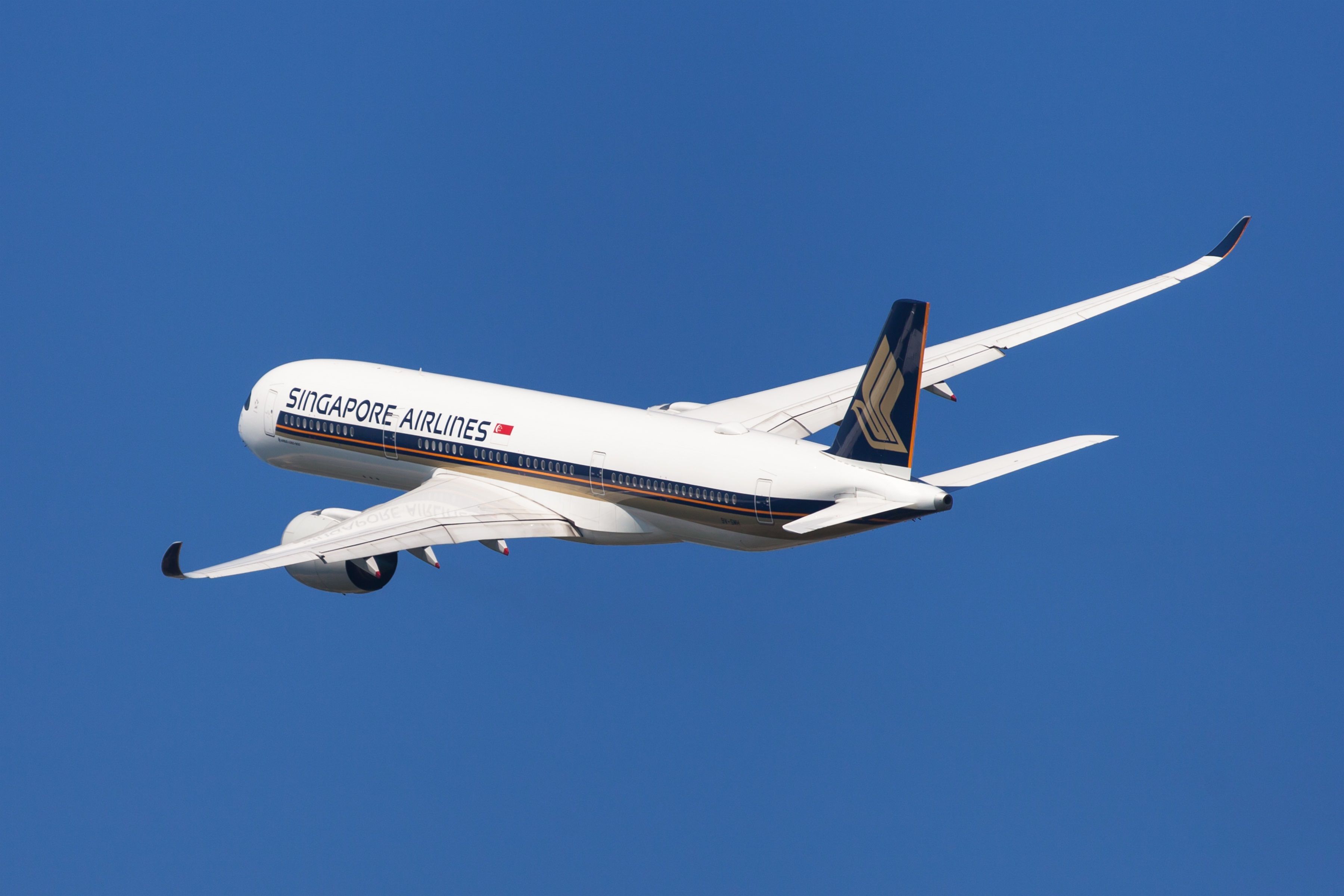
.jpeg)
